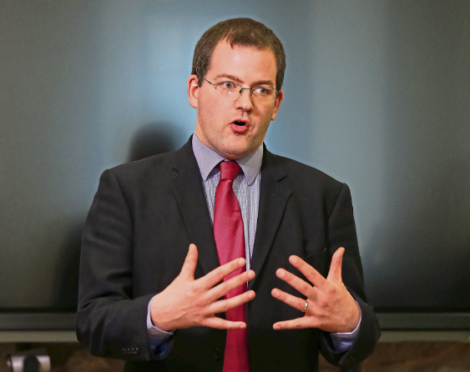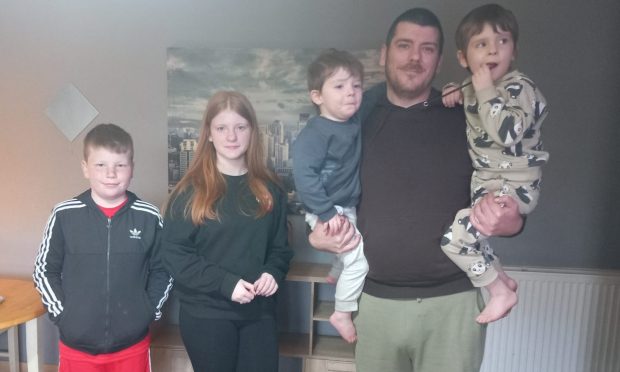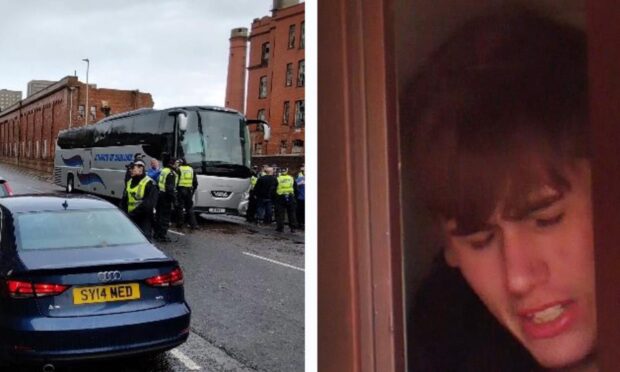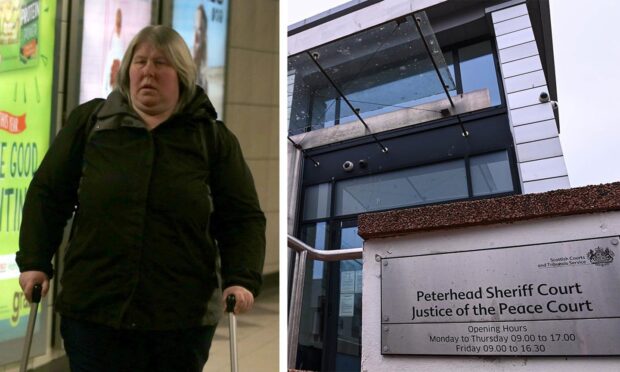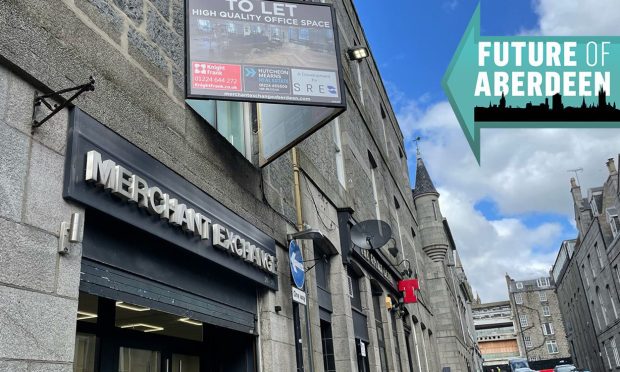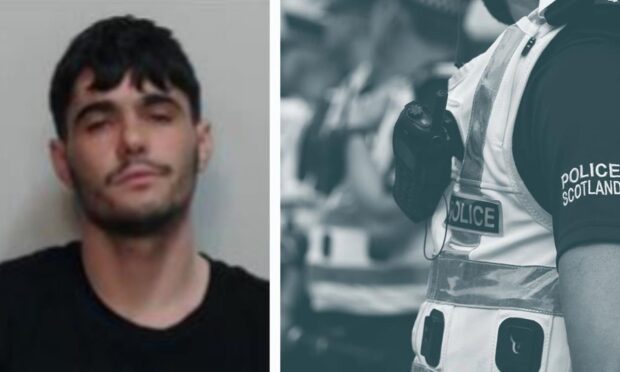Staff shortages and budget cuts have led to fears that vulnerable Aberdeen youngsters are now being denied face-to-face help from expert psychologists.
City schools have been told that direct support for troubled children will be “restricted” to those with the most complex needs, as part of a “marked change in service delivery”.
Concerns were raised last night about the move, which follows a dramatic reduction in the number of educational psychologists in recent years.
Aberdeen Donside MSP Mark McDonald has written to the Scottish Government and the city council to demand action to ensure “the threadbare educational psychology service is given the support it needs”.
There were understood to have been the equivalent of 23 full time staff in the Aberdeen service a few years ago.
The number fell to 19.6 in 2017/18, then to 18.6 in 2018/19 and there is now a budget for 15.4 of the workers, but only 9.8 posts are currently filled.
In correspondence with Mr McDonald, a senior local authority official admitted it would “need to review ways of working in light of available staffing”.
Rob Polkinghorne, chief operating officer, also said: “There is still direct working but this is restricted to children with multiple and complex needs or where there is uncertainty of support needs required.”
He added that the council is now working “in close collaboration with other support services who are equally well placed to offer direct working”.
However, Mr McDonald said: “I am concerned about the likely negative impact this staff shortage will have on vulnerable children and young people who are unable to access the face-to-face support they need.
“This will only create additional pressure for those staff who are currently in post.”
A cut in Scottish Government funding for training educational psychologists several years ago has contributed to a shortage of the staff nationally, although a new programme has recently been launched and is expected to deliver recruits in 2021.
Mr McDonald said: “While it is the case that the cessation of postgraduate funding created a reduction in the numbers of educational psychologists, that funding has since been restored, and yet Aberdeen appears unable to recruit and retain enough members of staff to provide a more comprehensive service.
“While I appreciate the council’s reassurance that the focus will be on the more complex cases, there can be little doubt that there will be many children who will not benefit from the input of an educational psychologist who has spent time with them to understand their needs.”
An Aberdeen City Council spokesman said: “Although we face well documented issues in relation to reduced funding and increasing demand across council services, the reduction in the number of educational psychologist posts is due to the difficulties faced in recruiting to these specialist roles.
“In response to this challenge we have embraced new ways of working which reflect national best practice and will provide an effective, efficient and robust service to schools and young people in the city.”
A Scottish Government spokesman said: “While educational psychologists are employed by education authorities and they are responsible for allocating resources, we have significantly invested in training for educational psychologists to make sure our children and young people get the support they need.”
He added that 59 education psychologists started training in Scotland in 2019 and 2018, compared to a total of 29 over 2017 and 2016.
